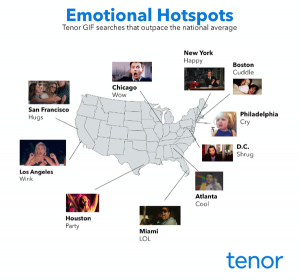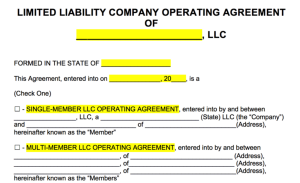
Most millennials say their current financial situation is so dire that they’ll never have the things they want in life. About half also say that “My finances control my life,” and worry that whatever amount of money they can save “won’t last” anyway, according to Morning Consult’s latest State of Consumer Banking & Payments report. Seventy-two percent of the millennial generation is at least somewhat concerned that their financial situation is going to prevent them from having what they want in life, versus 62% of all U.S. adults.
More millennials also told the survey that they’re “often” or “always” behind on their finances—38%, versus 25% of U.S. adults. Additionally, 46% of this generation (generally, people born between 1981 and 1996) say their finances control their lives, versus 33% of other adults. Millennials’ beliefs about their own financial health rank worse than the national average, Morning Consult says, likely owing to the messy economics of the past two decades: The post-9/11 economy, then the global financial crisis, and now the pandemic recession, inflation, and record levels of student and consumer debt have made it hard to feel financially secure. And most millennials haven’t even turned 40 yet.
For its survey, Morning Consult talked to between 2,000 and 4,000 U.S. adults from June to December of last year, and the results depict largely what you’d expect: a population fretting their financial future. But the most worried of all the groups polled were millennials, whose financial health Morning Consult says “remains stubbornly low.”
The most alarming stat might be one showing that a third of millennials reported overdrafting an account during the 2021 holidays (from Thanksgiving up to Christmas). Gen Z adults were the next-closest group, barely 20% of whom reported overdrafting an account during this period. Meanwhile, the number of Gen Xers who overdrafted an account was in the teens, while for boomers it was in the single digits.
Millennials are also tied—with high-income adults—for the group most likely to open a new account at a bank or credit union. But, the survey notes, “High-income adults work with more providers because they can; millennials switch providers because they feel they have to.”
It seems millennials’ fear could be crippling them, up to a point. Morning Consult measures a score it calls Financial Well-Being—which isn’t their financial health on a spreadsheet, but rather “a reflection of consumers’ impressions of their financial security and freedom of choice.” The average score for U.S. adults is 50.81. Baby boomers have the highest score as a generation (54.95), but if you limit millennials to those earning at least $100,000, they get essentially the same score (54.19). Yet millennials’ overall score is below average (47.05), partly because the groups with the worst Financial Well-Being scores are millennials earning less than $50,000, female millennials, and millennials in rural areas, all of whom score below 45. Morning Consult explains that a 1-point gain in Financial Well-Being is equal to a $15,000 increase in income and a 20-point jump in credit score.
One irony buried in the survey is that millennials are also the most likely, of any group, to be working toward a financial goal. They’re the most likely to have established an emergency fund, to be living on a monthly budget, to be saving so they can purchase a home, and to be starting a new business. The issue, Morning Consult notes, is that they’re still all over the place: Far more likely than the average American adult to own cryptocurrency, and twice as likely to use “alternative financial services,” meaning services offered by providers that operate outside of federally insured banks.
(37)
Report Post







